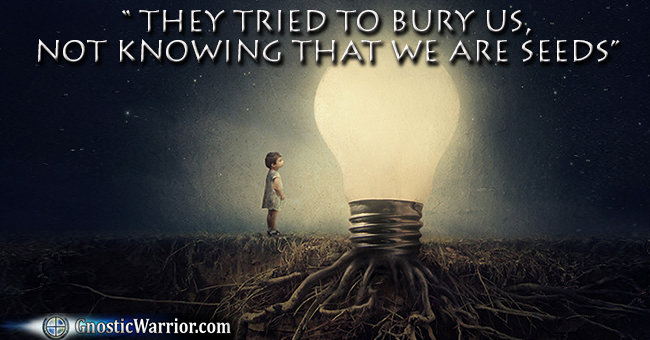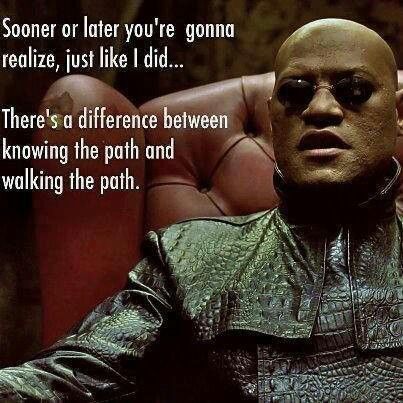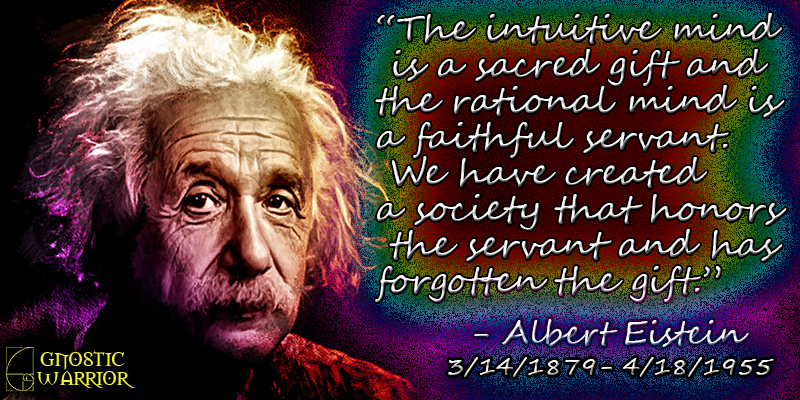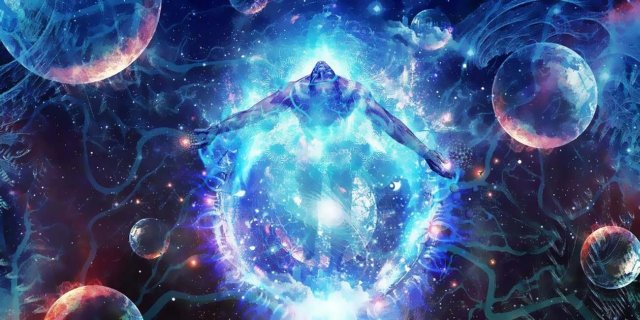“Gnostics, from the Greek word gnosis, usually translated as “knowledge.” For as those who claim to know 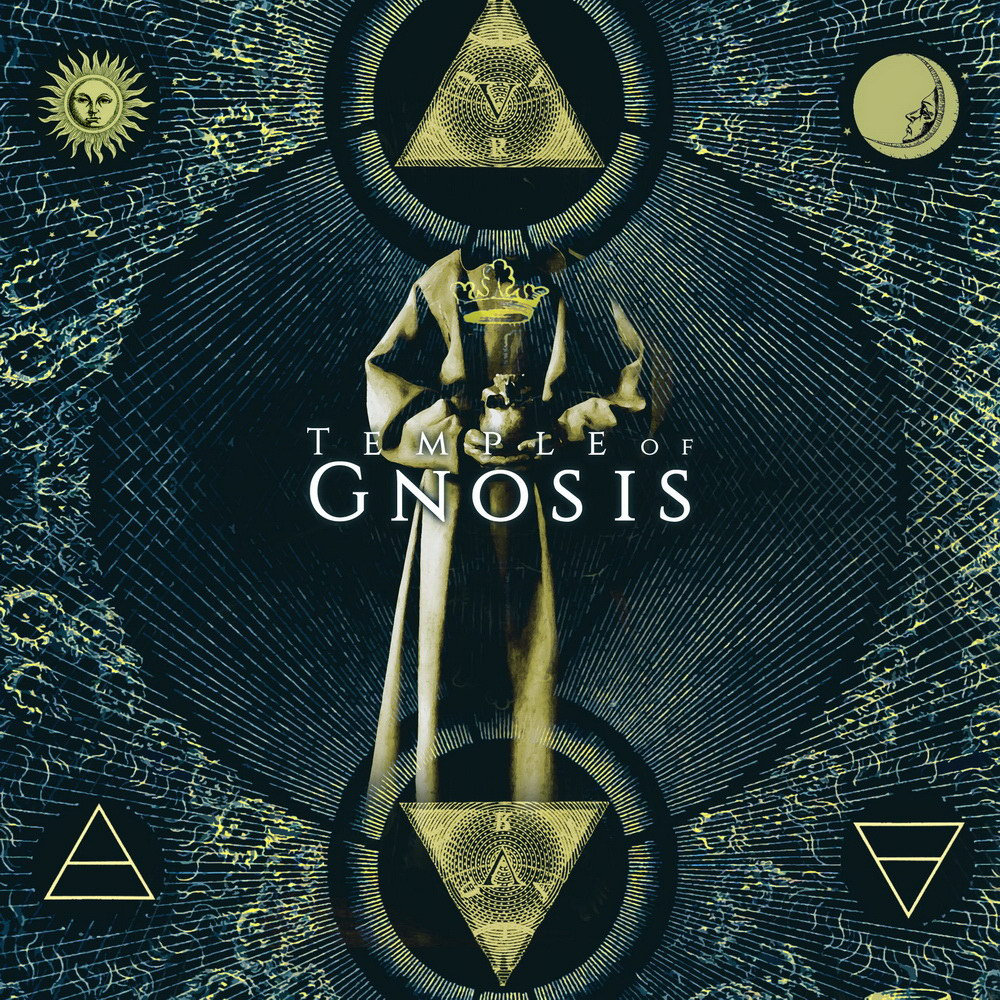 nothing about ultimate reality are called agnostic (literally, “not knowing”), the person who does claim to know such things is called gnostic (“knowing”).
nothing about ultimate reality are called agnostic (literally, “not knowing”), the person who does claim to know such things is called gnostic (“knowing”).
But gnosis is not primarily rational knowledge. The Greek language distinguishes between scientific or reflective knowledge (“He knows mathematics”) and knowing through observation or experience (“He knows me”), which is gnosis.
As the gnostics use the term, we could translate it as “insight,” for gnosis involves an intuitive process of knowing oneself. And to know oneself, they claimed, is to know human nature and human destiny.
According to the gnostic teacher Theodotus, writing in Asia Minor (c. 140-160), the gnostic is one has come to understand who we were, and what we have become; where we were… whither we are hastening; from what we are being released; what birth is, and what is rebirth.
Yet to know oneself, at the deepest level, is simultaneously to know God; this is the secret of gnosis. Another gnostic teacher, Monoimus, says: Abandon the search for God and the creation and other matters of a similar sort. Look for him by taking yourself as the starting point.
Learn who it is within you who makes everything his own and says, “My God, my mind, my thought, my soul, my body.”
Learn the sources of sorrow:, joy, love, hate … If you carefully investigate these matters you will find him in yourself.”
– The Nag Hammadi Library

Moe is the founder of GnosticWarrior.com. He is a father, husband, author, martial arts black belt, and an expert in Gnosticism, the occult, and esotericism.


